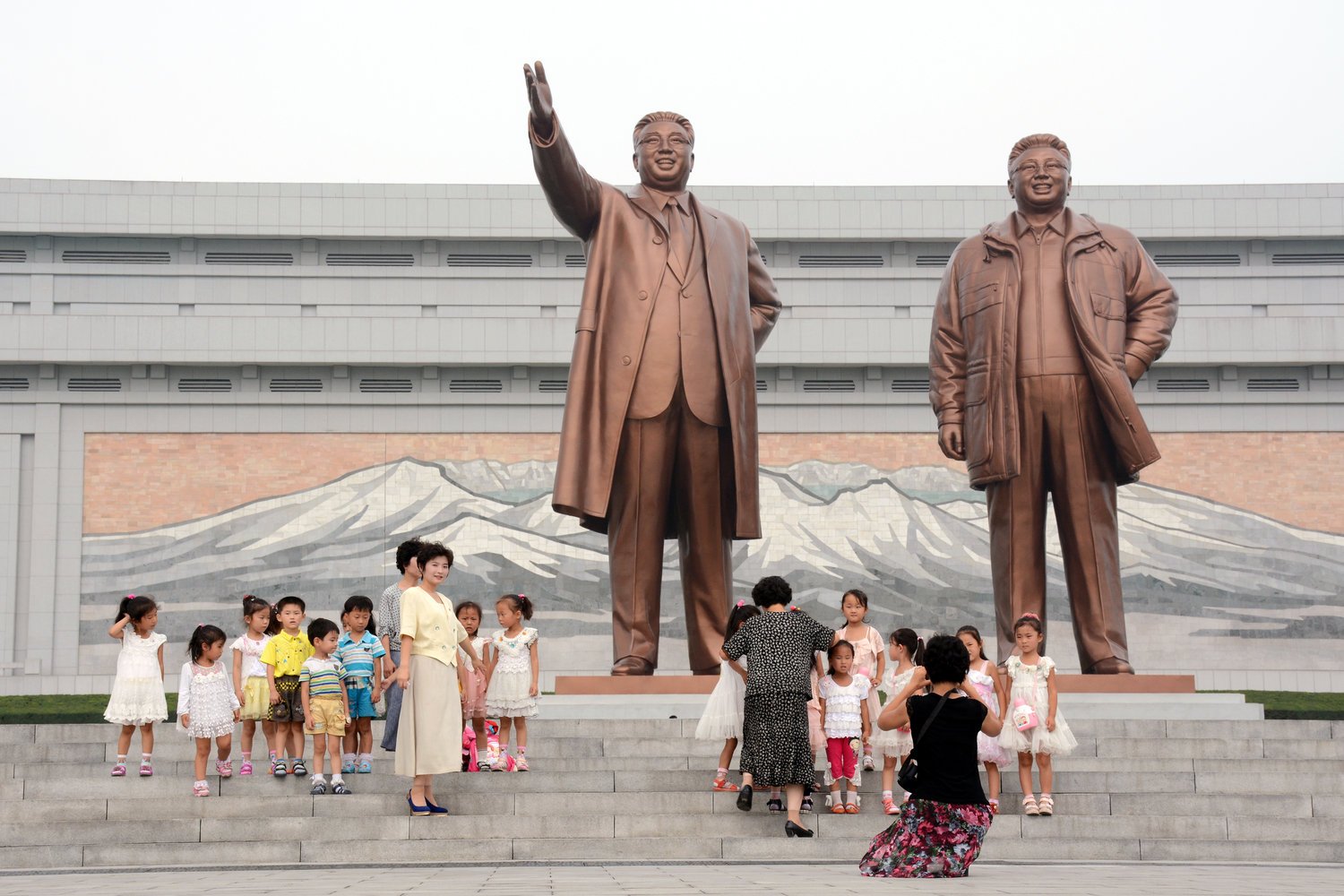
According to a post by Russian provincial authorities and a Western tour guide, a group of Russian tourists will be the first known to be allowed into North Korea since anti-pandemic border lockdowns began in early 2020.
North Korea implemented some of the world’s strictest border controls during the spread of COVID-19 and has yet to fully reopen to foreigners.
The four-day tour to North Korea will depart on February 9
The trip, advertised by a Vladivostok-based agency, was arranged when the governor of Russia’s far eastern region of Primorsky Krai, which borders North Korea, paid a visit to Pyongyang for talks in December, according to a Telegram post from this week.
According to the online itinerary, the four-day tour will depart on February 9 and will include stops in Pyongyang and a ski resort.
Simon Cockerell, general manager of Beijing-based Koryo Tours, which is not involved in the trip, told Reuters that his North Korean partners have confirmed the Russian visit will take place under special circumstances.
“It is a good sign, but I would hesitate to say it necessarily will lead to a broader opening due to the special circumstances for this one trip,” he said. “But given that no tourists have been for four-plus years, any tourism trip can be viewed as a positive step forward.”
North Korea experienced a surge in Chinese tourists the year before the pandemic
North Korean leader Kim Jong Un and Russian President Vladimir Putin held a summit in eastern Russia in September, promising to deepen cooperation on economic, political, and military fronts despite international sanctions.
U.N. Security Council resolutions restricting business with North Korea due to its nuclear and ballistic missile programs have had little impact on tourism.
North Korea experienced a surge in Chinese tourists the year before the pandemic, which could have provided the cash-strapped country with up to $175 million in additional revenue in 2019, according to Seoul-based NK News.
